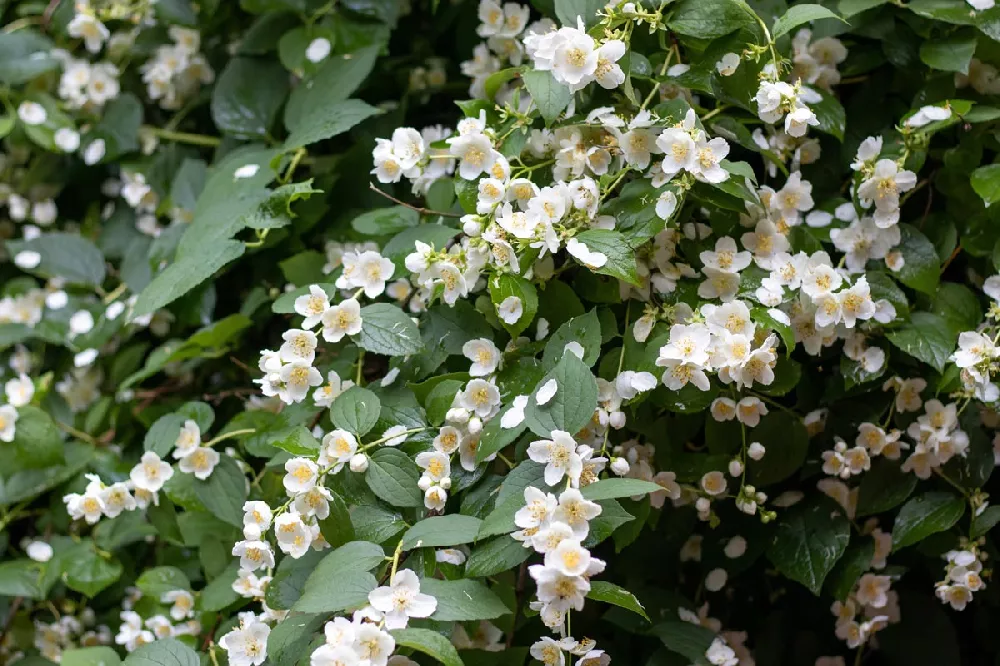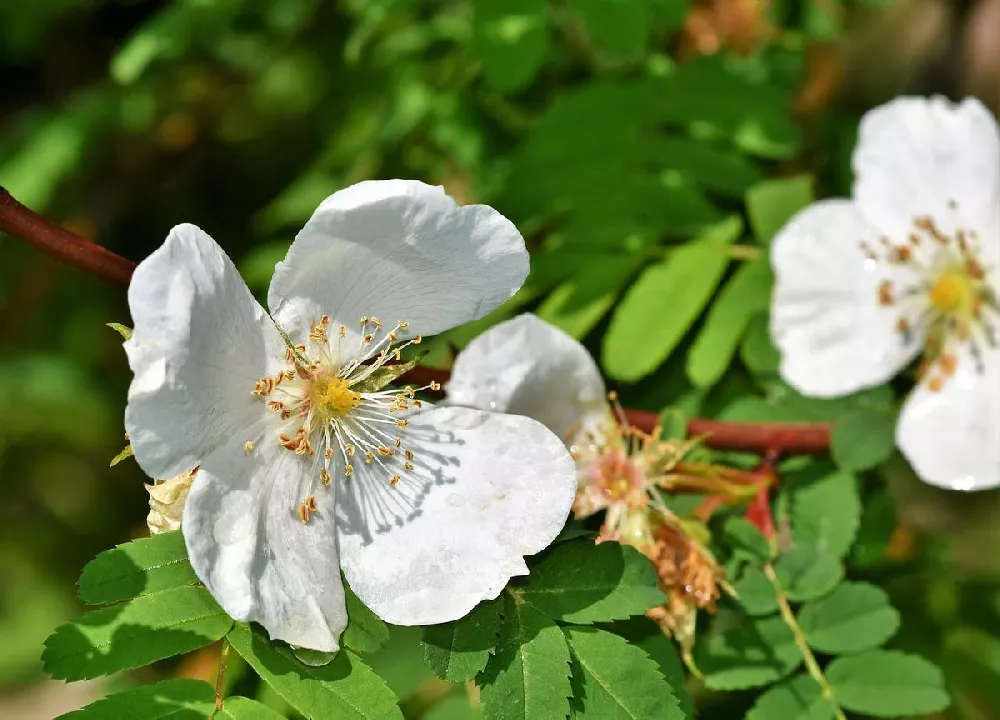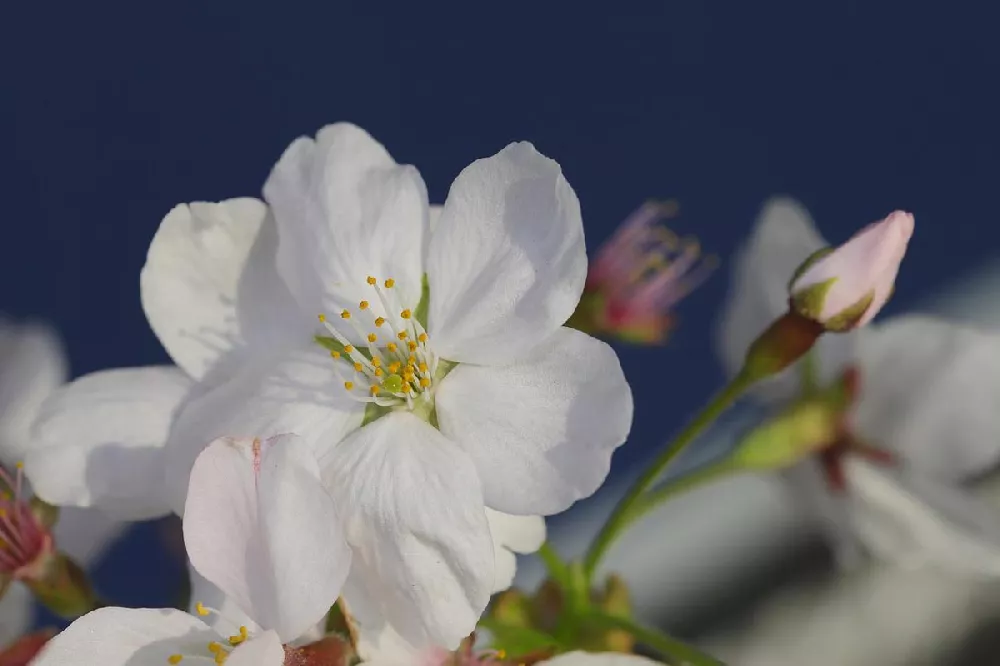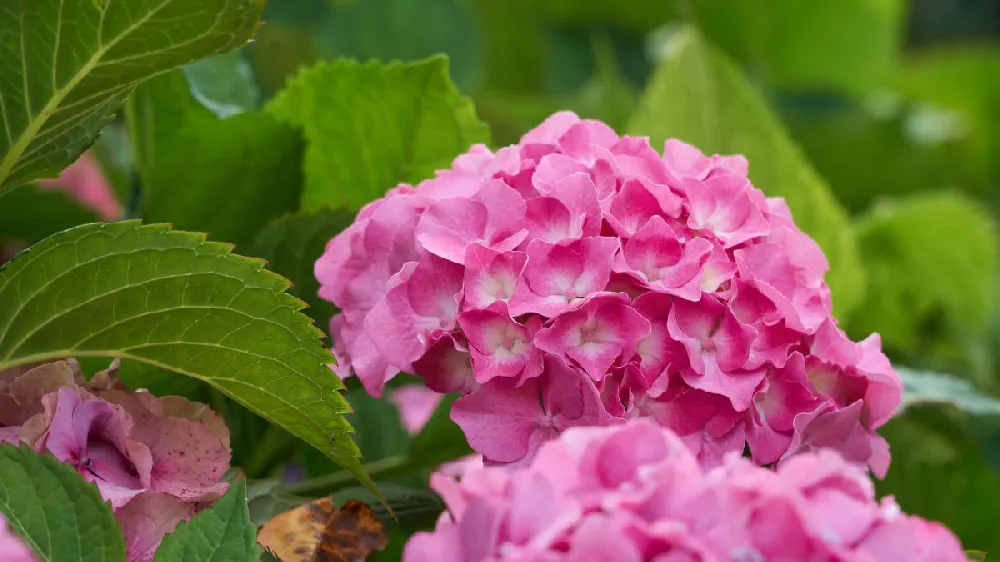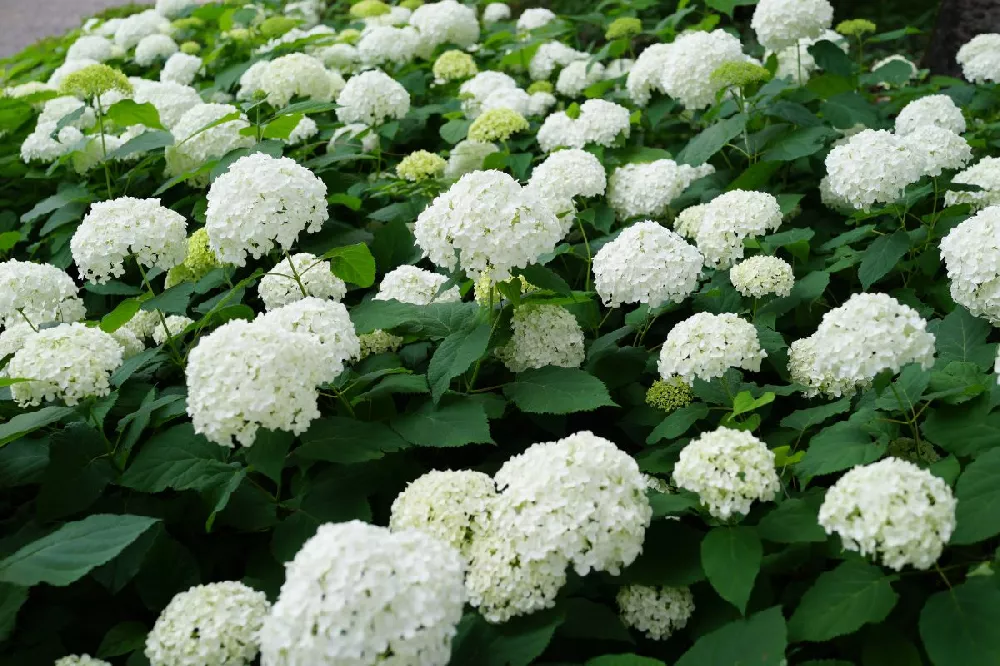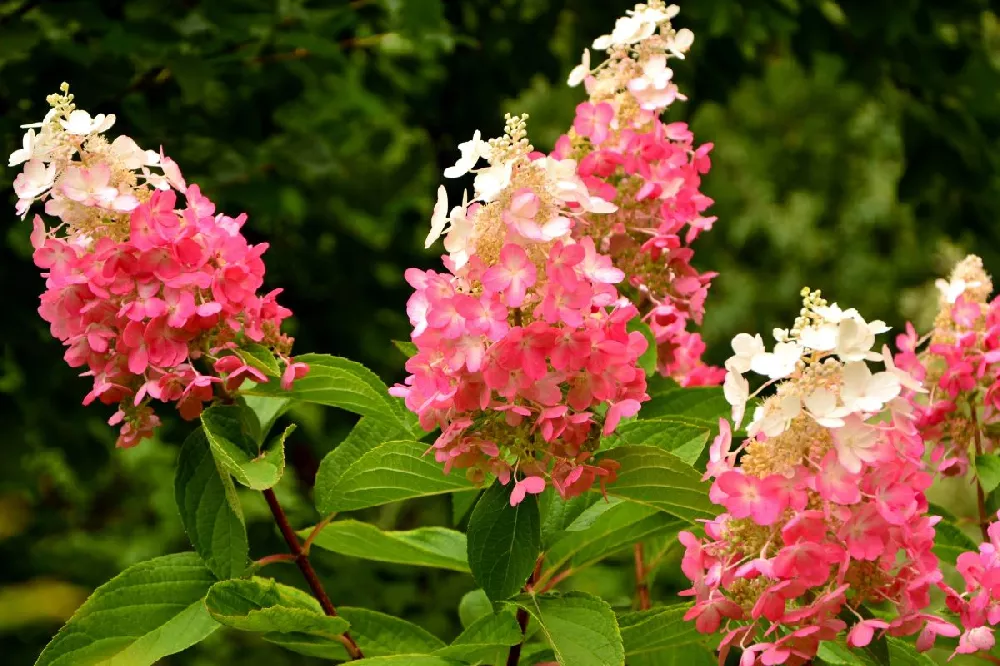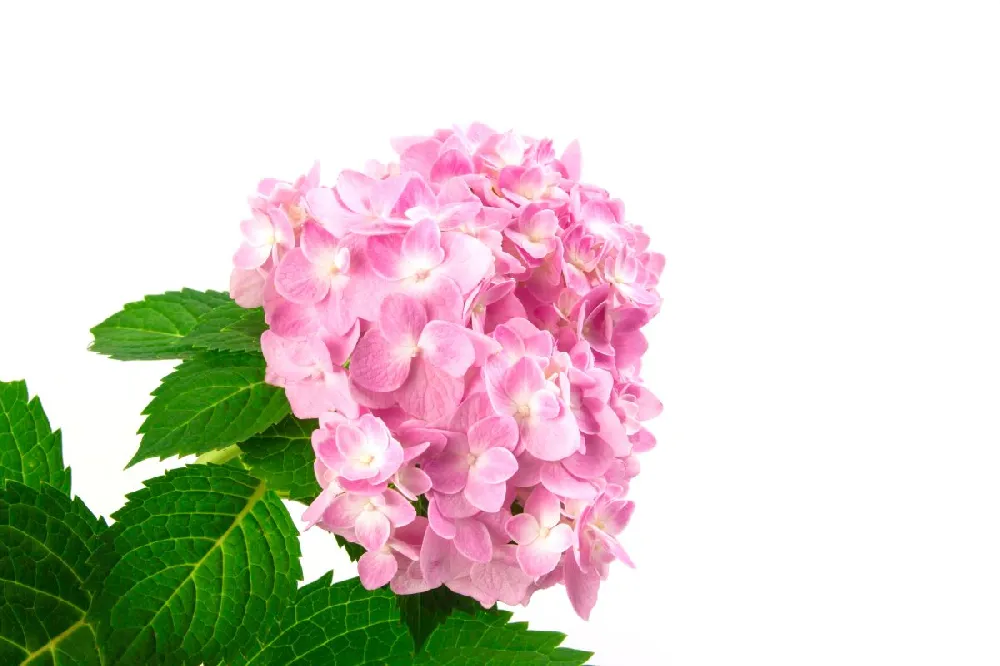- Home >
- Ornamental Plants >
- Sweet Mock Orange Shrub
Sweet Mock Orange Shrub for Sale - Buying & Growing Guide
Philadelphus coronarius, otherwise known as the sweet mock orange shrub, is a lovely species that grows to about 12 feet at most and blooms in spring with small white flowers that are incredibly beautiful and fragrant. The longest branches of this shrub also offer some appeal with their arching shapes that create a dense but swaying growth habit. But sweet mock orange shrubs are also impressive for their resilience, as many can survive drought and avoid debilitating garden diseases.
- The sweet mock orange shrub offers fragrant white flowers with yellow centers.
- Its long branches arch and become somewhat pendulous.
- This shrub is reliable and resistant to drought and many diseases.
Enter your zip code to find nearby stores that may carry this plant.
Plant Care
Sunlight

The sweet mock orange shrub grows in full sunlight and partial shade, but the best blooms come from full sun exposure.
Watering
Water about once per week.
Fertilizing

Fertilize in early spring with an all-purpose fertilizer.
Planting and Care
Planting instructions
The sweet mock orange shrub can grow to a considerable size, about 12 feet in both height and spread at maturity. As such, you should plant this species where it has plenty of space to expand or where you hope to incorporate it into a dense hedge. Sweet mock orange shrubs will also appreciate an area of full sunlight and can adapt to a wide range of soils. You should also know that many young sweet mock orange shrubs can respond well to transplanting in the case that you need to change this plant’s growing location after the initial planting.
Watering and nutrients
When growing a sweet mock orange shrub, the best results often arise from weekly watering during the growing season. However, once these plants reach a somewhat mature age, they prove to have decent drought tolerance, often requiring fewer waterings than expected. The fertilization routine for a sweet mock orange shrub is also a simple affair. Simply feed this plant once per year in early spring with an all-purpose fertilizer, and you can expect to see healthy growth throughout the rest of the season.
Pollination
The flowers of a sweet mock orange shrub are the main point of aesthetic appeal. However, these blooms do not add beauty via their appearance alone. They also have the ability to attract many pollinators, such as bees, butterflies, and moths. When this plant is in bloom, in the spring to early summer, you may find many of these lovely pollinators fluttering around the flowers and feeding on the nectar they find there. However, pollination is not much of a practical concern, as despite the name, the sweet mock orange shrub does not produce edible fruits.
Pruning
Prune your sweet mock orange shrub in the mid to late summer. The main reason for this timing is that this species holds its buds on old wood and blooms until about June. Based on that bloom schedule, earlier prunings can remove buds and detract from this plant’s main visual allure. At times, overgrown sweet mock orange shrubs will respond well to hard pruning, and removing up to a third of the plant’s main stems may lead to rejuvenation.
Pests, diseases, and animals
Overall, sweet mock orange shrubs have relatively good resistance to disease. However, that does not mean that infection is impossible. For example, sweet mock orange shrubs that grow to be too dense can build up moisture on their leaves, at times leading to powdery mildew. Canker and leaf spots can occasionally arise as well. Among insects, nematodes, leaf miners, and aphids are the most common pests that you should be on the lookout for and be ready to manage.
Achieving maximum results
One factor to keep in mind while growing a sweet mock orange shrub is that this species can be not only large but also fast-growing. As such, spacing is crucial when growing this plant if you don’t want it to overtake other plants in your garden. On the other hand, you can take advantage of this size and speed by using sweet mock orange shrubs to create a dense hedge. Growing this plant as a hedge proves to be a popular option, as the flowers are essentially the only visual characteristic that permits this plant to act as a focal point.
FAQs
What does a sweet mock orange shrub smell like?
Does the sweet mock orange shrub produce fruits?
As is true for many plants, the sweet mock orange shrub does produce fruits. However, despite having this common name, the fruits of the sweet mock orange shrub do not taste good. In fact, sweet mock orange fruits are not edible at all. Instead, these fruits do nothing more than carry many seeds with the hope of growing a new generation of sweet mock orange plants.
Does the sweet mock orange grow in the shade?
Sweet mock orange shrubs are not a great option for those who have a shady garden. This species may be able to survive in partial shade. However, full shade conditions are not permissible for the sweet mock orange shrub. Furthermore, full sunlight is often ideal for this plant. Plenty of sun exposure usually leads to more vigorous overall growth and also leads to greater quantities of better-looking flowers.
Compare Similar Products
Customer Reviews
 Very pretty
Very prettyI ordered for plants and they all arrived in good condition.
 Sweet mock orange
Sweet mock orangeWe planted it as soon as it was delivered . The soil had pretty much fallen off the root ball on one plant. It has needed a lot of watering but is doing ok. The other one looks great. I was disappointed that the deer also had eaten many leaves from the sadder bush. I thought they were deer resistant? We had to put a cage around them
You can't add more Product Name - Product size to the cart.
OK